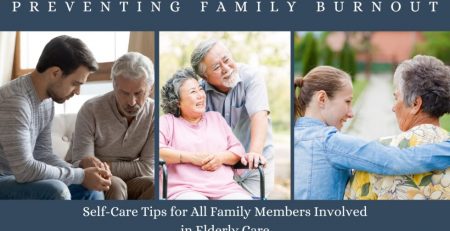Coping with Grief Using the Grief Recovery Method
When a loved one has been diagnosed with a terminal illness, or may not have much time left, grief is an ever-present spectre. The Grief Recovery Method has helped countless people move through the various stages of grief in a way that is gentle and compassionate. Here’s how it works.
The Problem with How We’ve Been Taught to Deal with Grief
Oftentimes, when a loved one passes on, we’re told to be strong, to stand tall. And this causes us to keep all of those necessary emotions – including grief – bottled up inside as we work to put on a good face.
What’s more, the old adage “time heals all wounds” really doesn’t apply here. Of course, the intensity and the raw pain of the loss will ebb away over time, but there will always feel like there’s a hole there — a void of emotion that simply can’t be filled.
A deep loss, such as the loss of a loved one injures you on an emotional level. With a broken bone, you’d go to the doctor, have the bone set, have a cast put on and wait for the bone to heal. But there’s no cast for a broken heart. This is where the Grief Recovery Method can help.
What Is The Grief Recovery Method?
The Grief Recovery Method won’t heal your hurting heart overnight, just as a cast doesn’t heal a broken bone instantly. But rather, it helps to set the stage for the recovery process to begin. In order for this method to work, it involves asking yourself a series of questions and then working through the emotions as they happen, rather than continuing to push them down into the pit of your stomach.
You will have to work through them at some point — avoiding them or trying to force them out of the picture will only do more harm later. That’s why it’s a good idea to work together with a certified grief counselor who can help you move through all of these stages and answer each of these questions as you’re able to:
- What do you wish you had said (or not said) to the deceased?
- What do you wish you had done (or not done) to the deceased?
- What do you wish that they had said or not said to you?
- What do you wish that they had done or not done to you?
- What do you wish had been different about your relationship or situation with them?
- What do you wish you still had more to share with them in the situation or relationship?
- How has the loss of the deceased affected your dreams or hopes for the future?
These are all pertinent — and painful — questions. But having a trusted advisor on your side who can help guide you through it can make the process much more bearable for both you and your family.
If you’d like to learn more about the Grief Recovery Method, contact us at True Care Hospice today.



